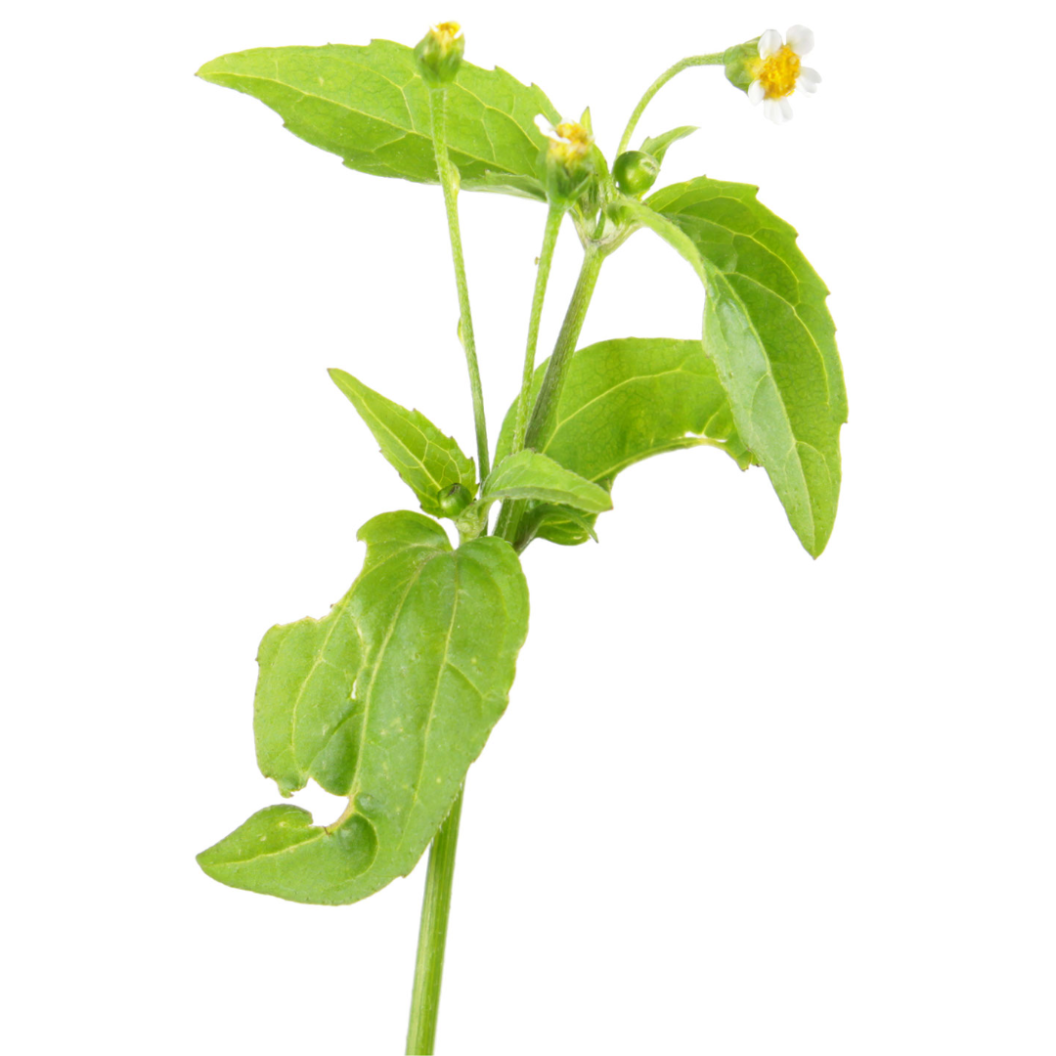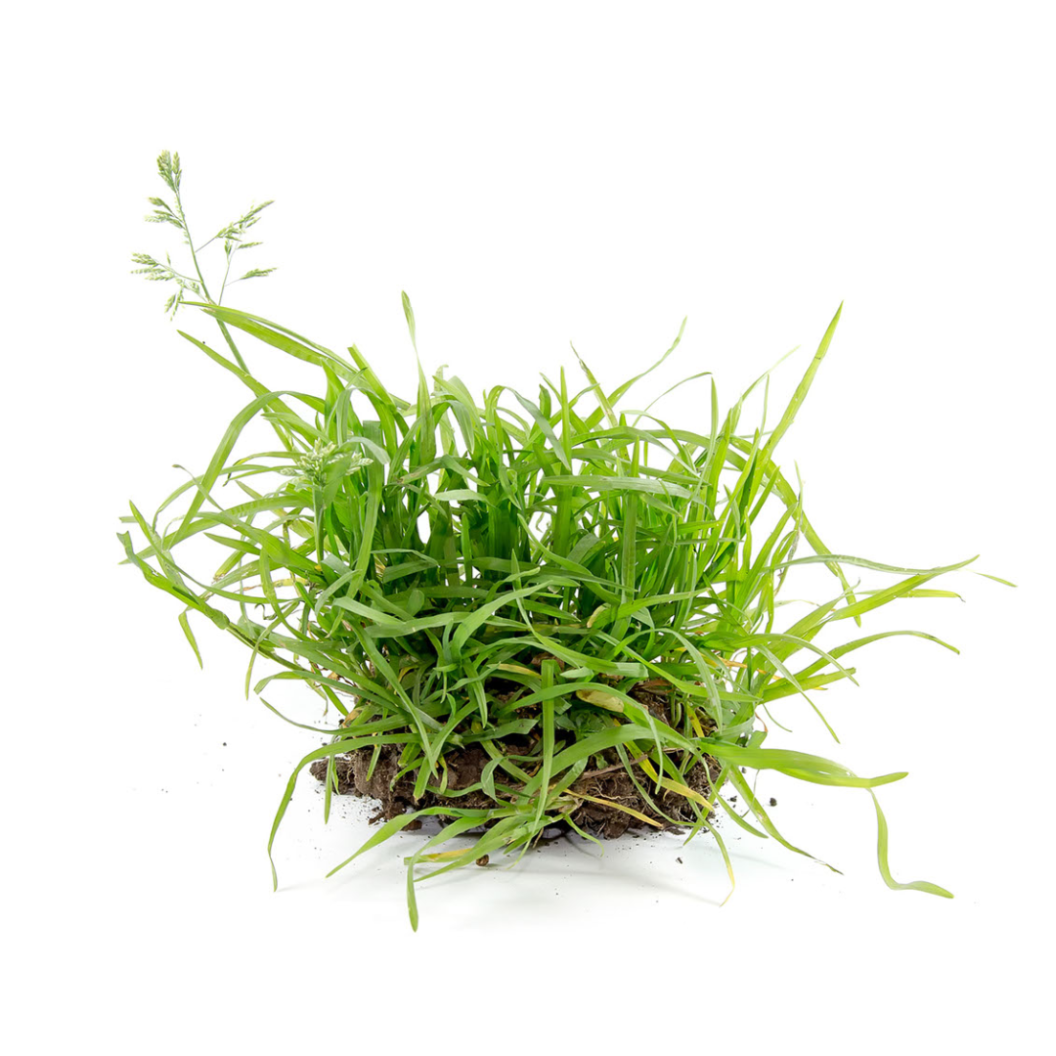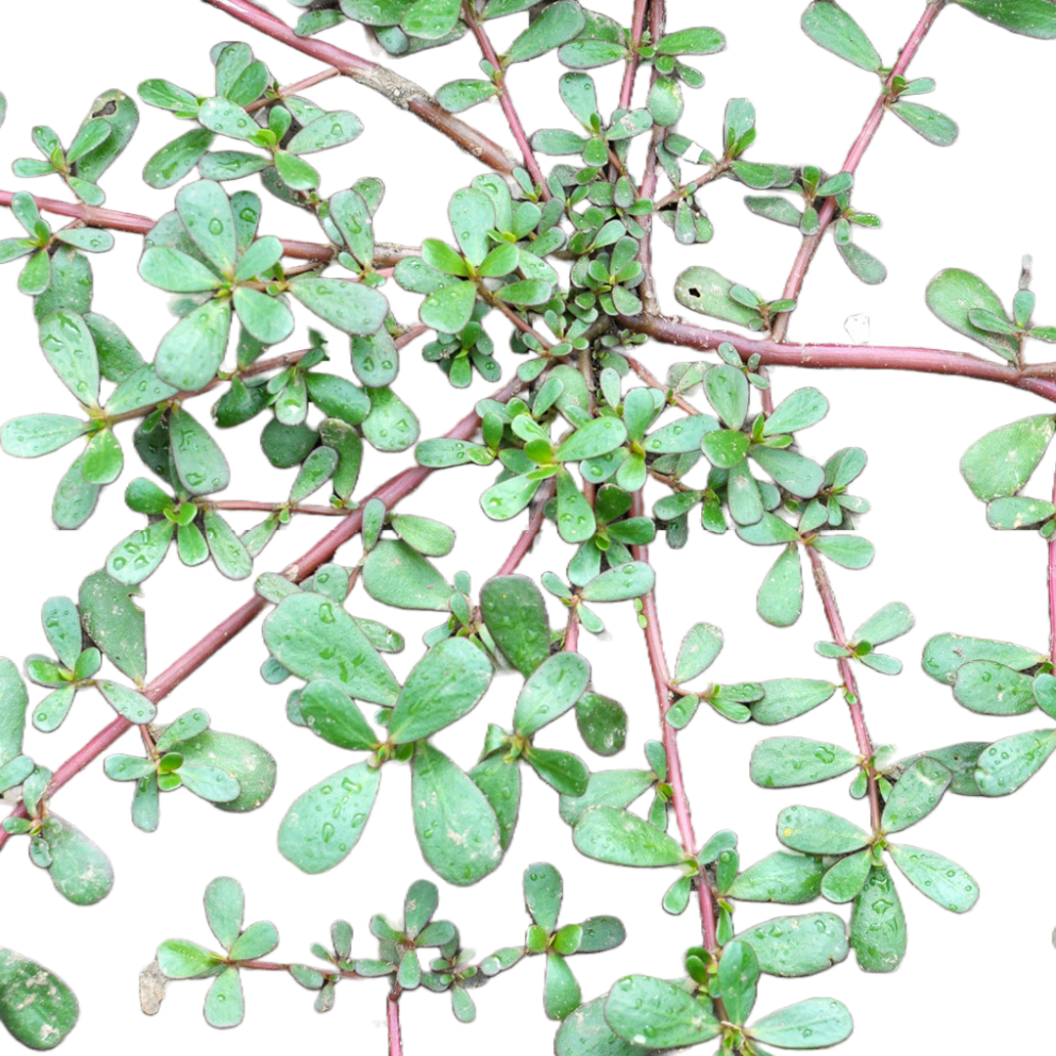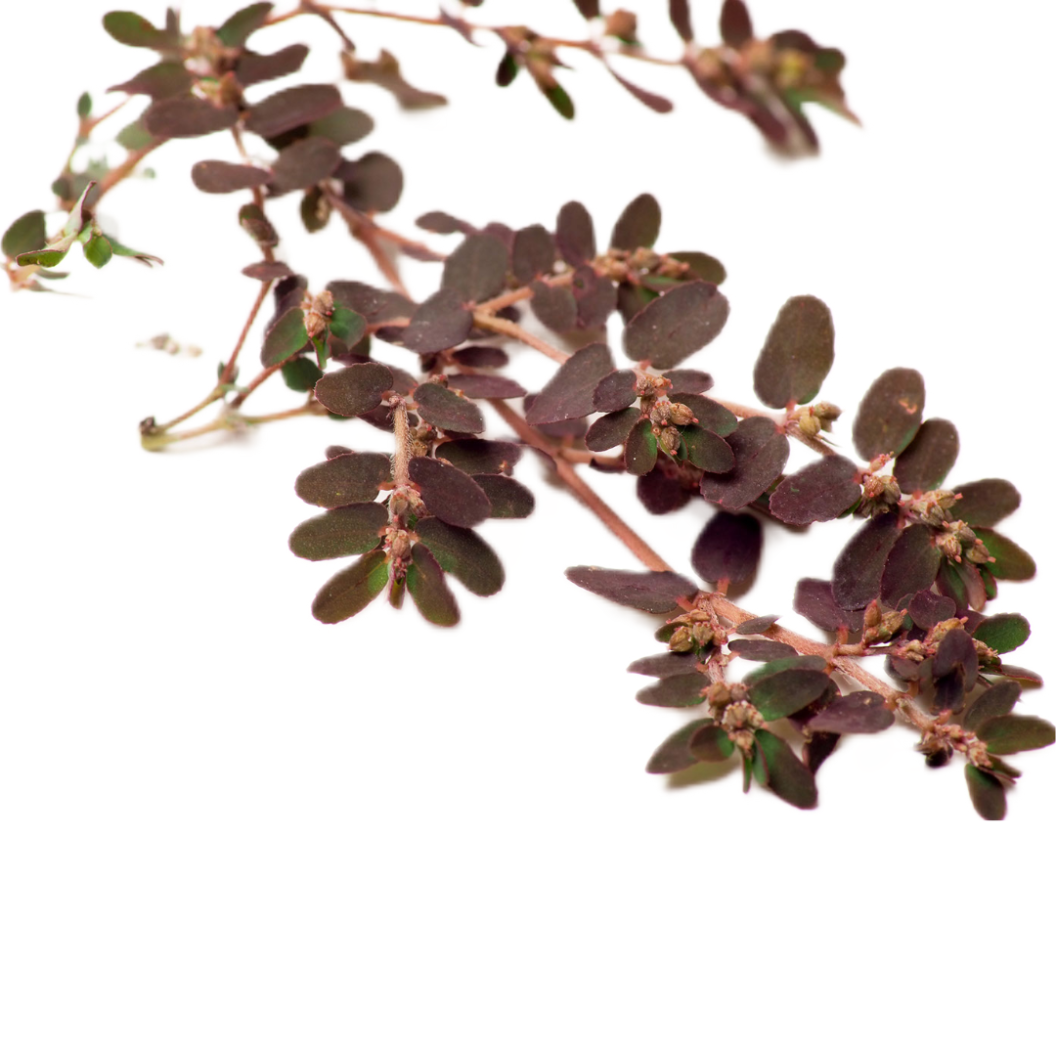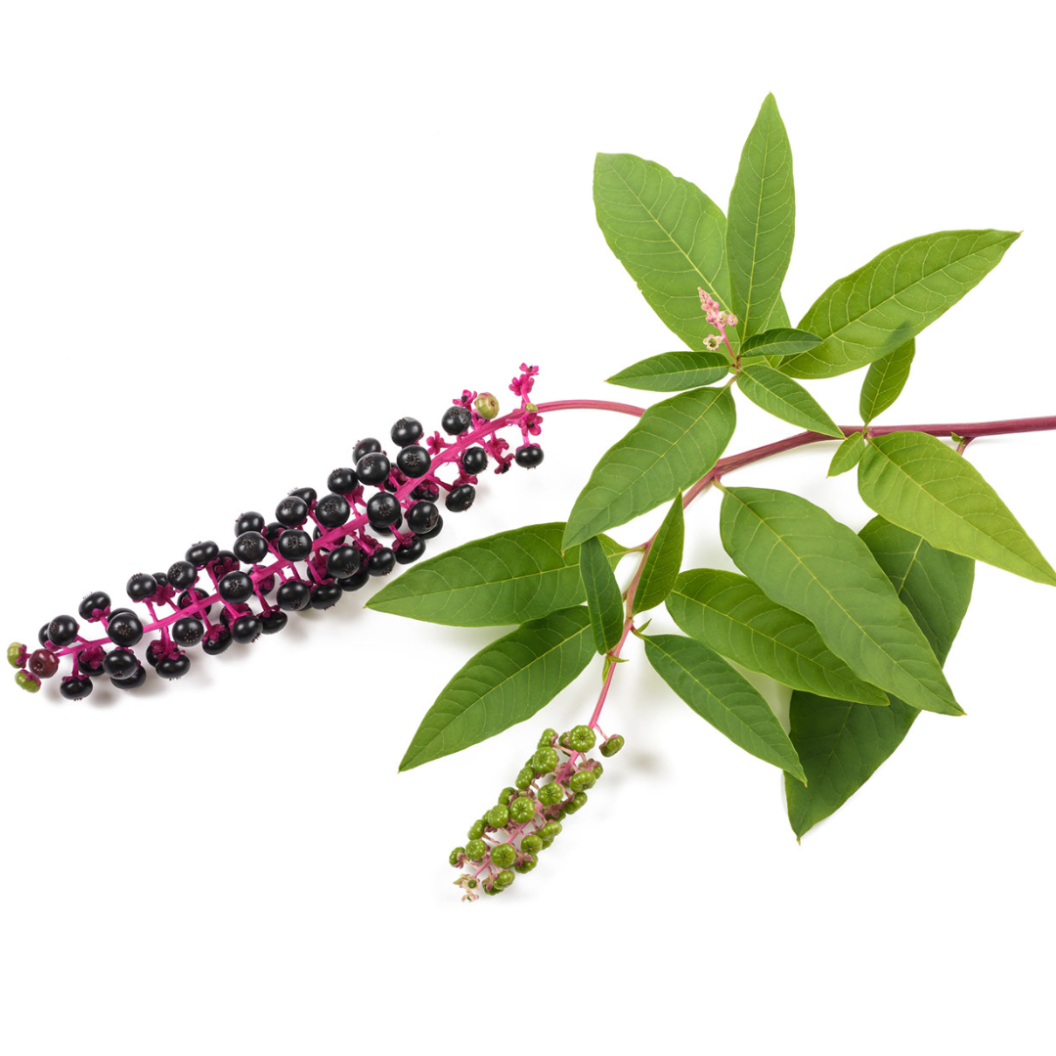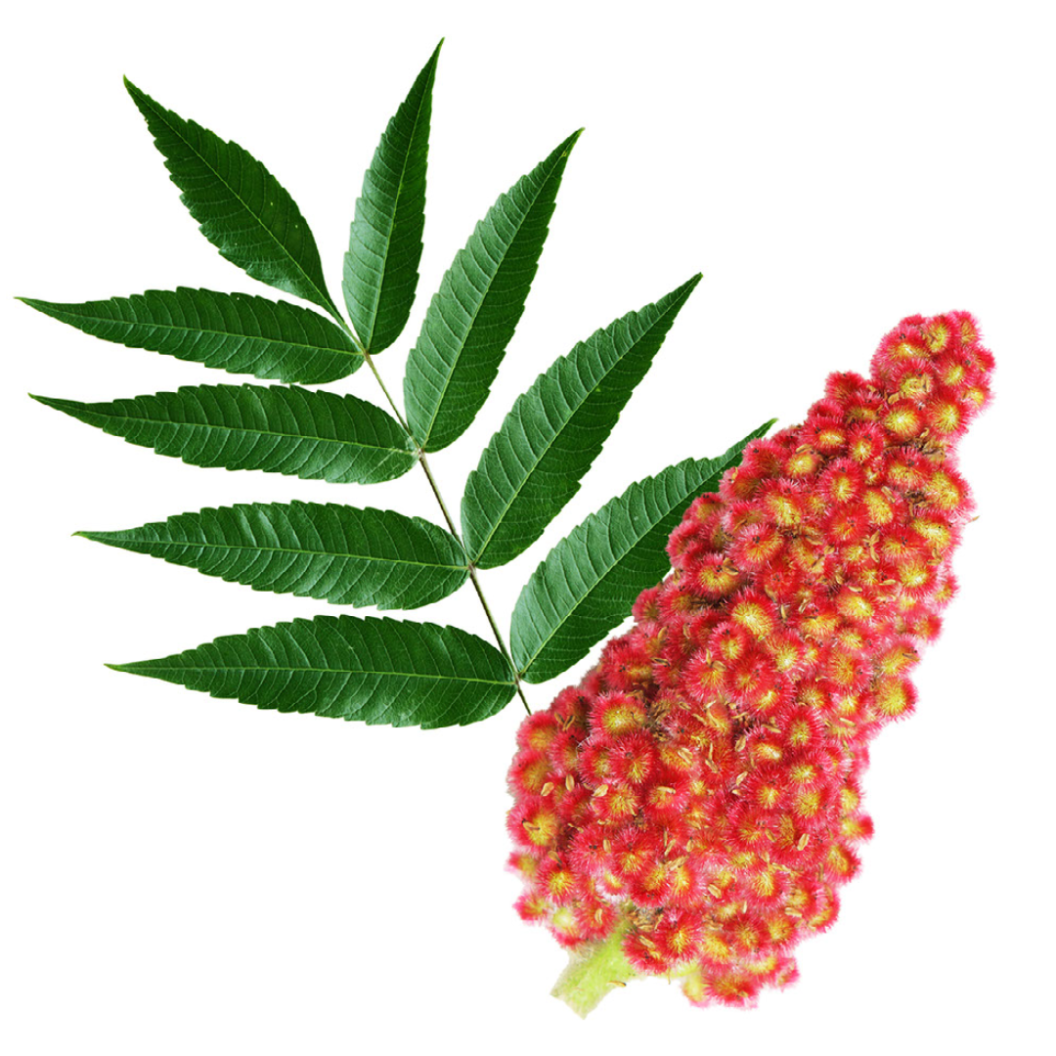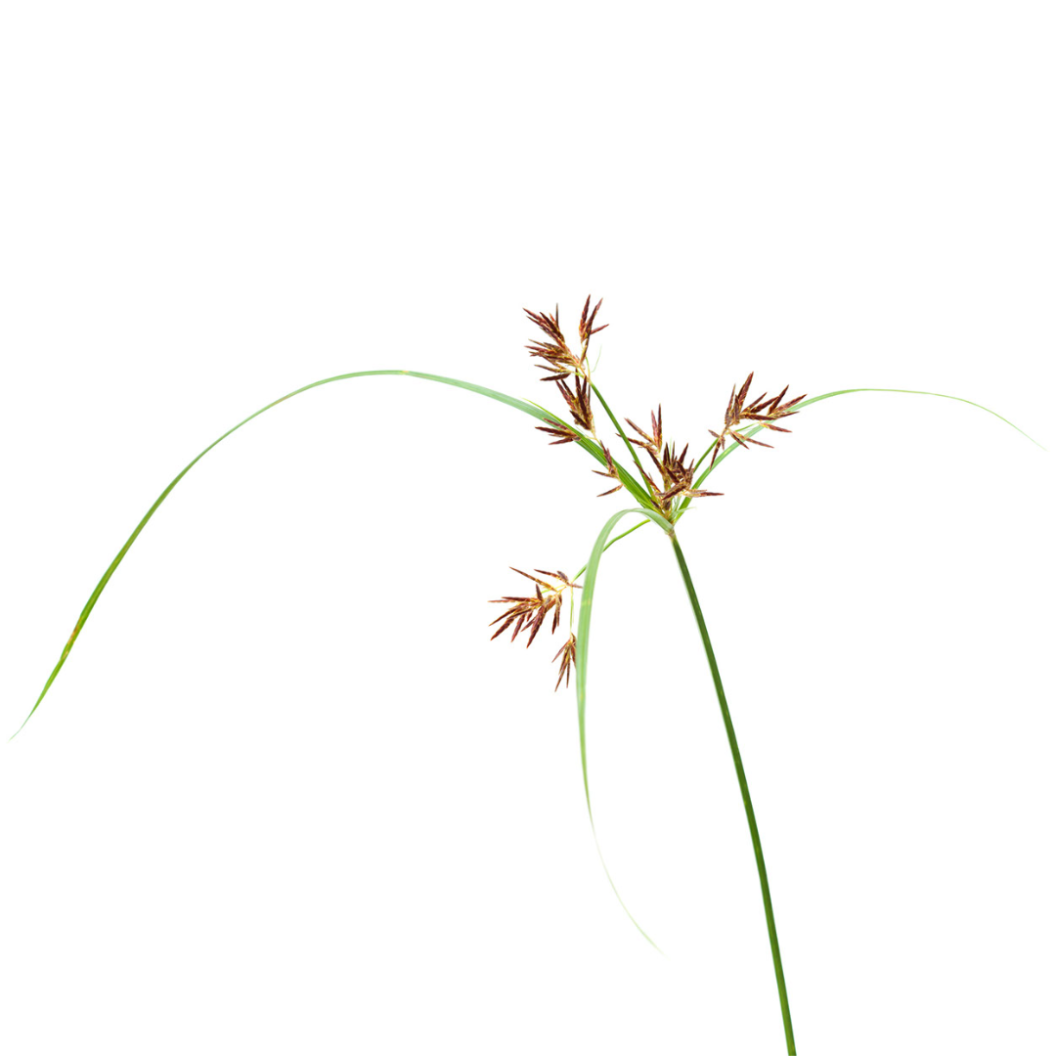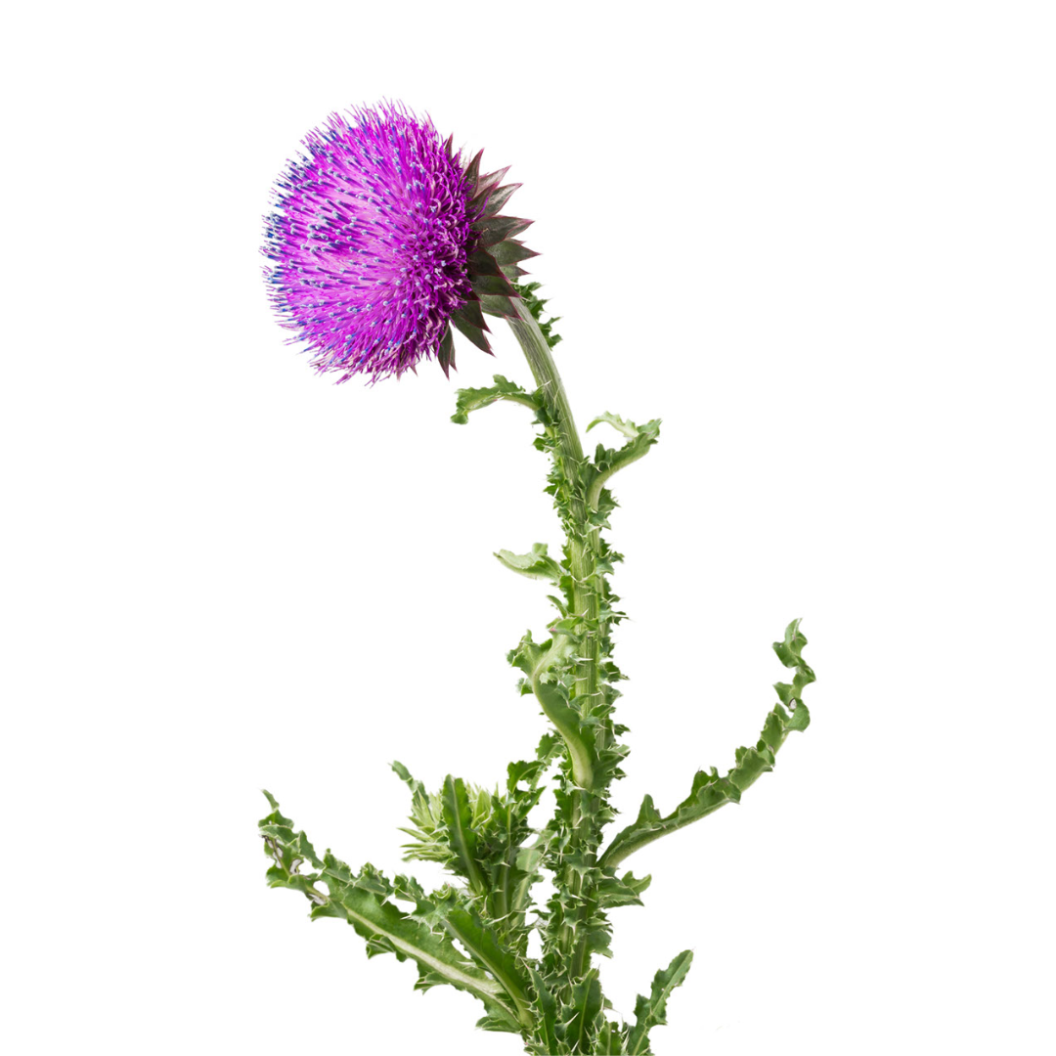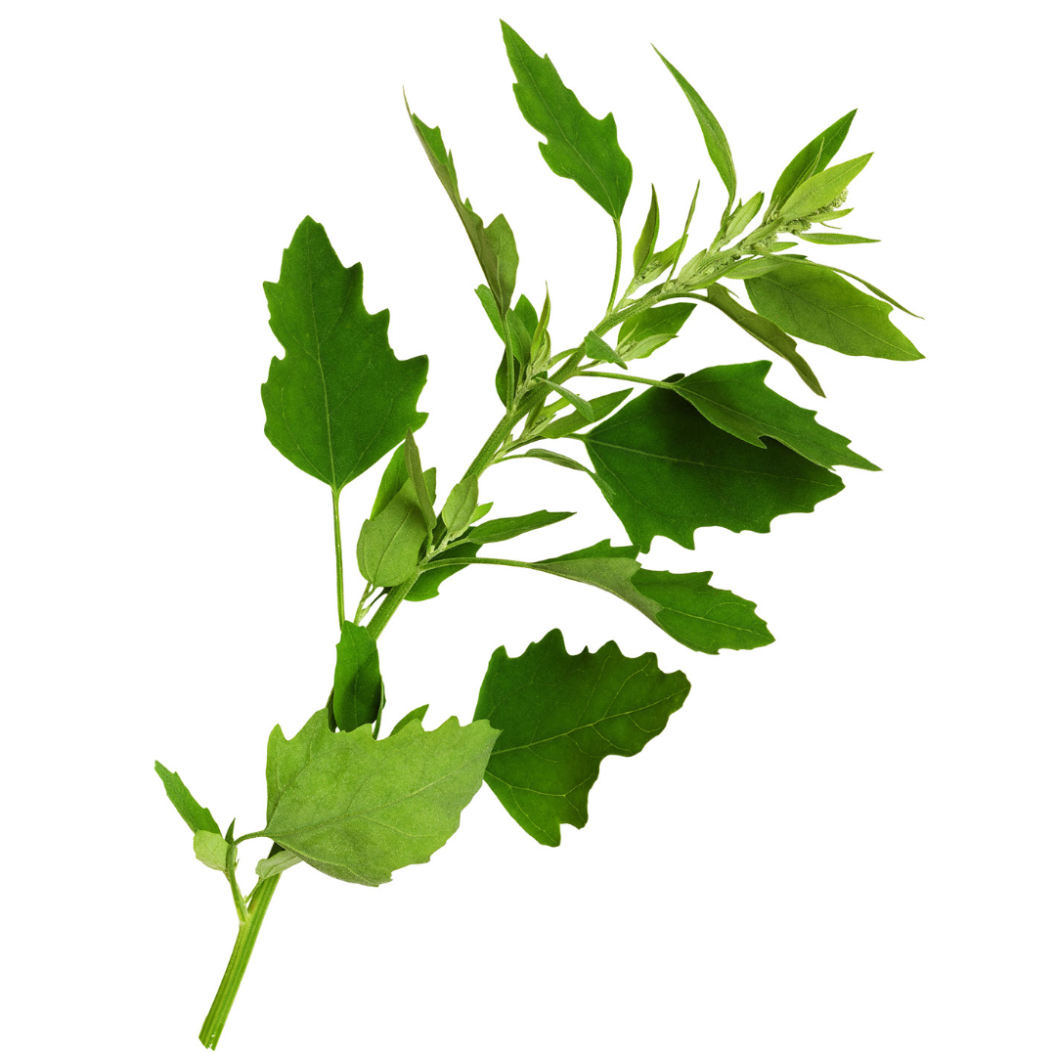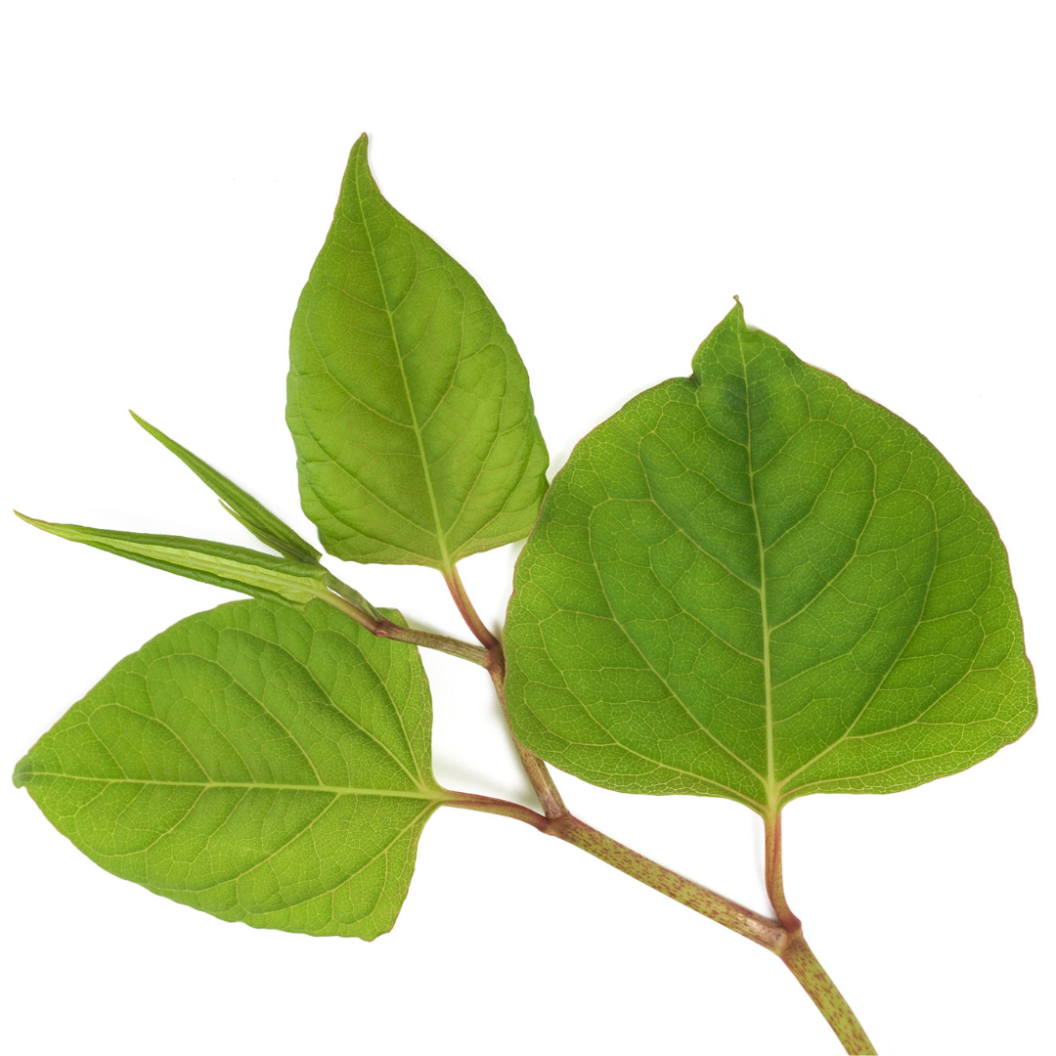What keeps it from happening?What kills it?Return to WeedsGalleryQuickweedDESCRIPTION: Quickweed is a type of plant that you might find growing in your garden or along the side of the road. It’s a tall, green plant with small, yellow flowers that bloom in the summer. The leaves are thin and pointed, and they grow in pairs along the stem. Quickweed gets …
Quackgrass
What keeps it from happening?What kills it?Return to WeedsGalleryQuackgrassDESCRIPTION: Quackgrass is a cool-season grass that has long, flat, green leaves that grow from a thick, underground stem called a rhizome. These rhizomes spread quickly and make it difficult to get rid of the plant once it has established itself in an area. In the summer, quackgrass produces tall spikes of …
Purslane
What keeps it from happening?What kills it?Return to WeedsGalleryPurslaneDESCRIPTION: Purslane has small, succulent leaves that are green and slightly shiny, and sometimes tinged with a reddish hue. Purslane is often found in gardens, lawns, and other outdoor spaces, and is known for its ability to grow in a variety of conditions, including hot and dry environments. It’s ability to withstand …
Prostrate Spurge
What keeps it from happening?What kills it?Return to WeedsGalleryProstrate SpurgeDESCRIPTION: Prostrate spurge is a common weed in North America. The plant can grow up to a foot tall. It spreads quickly and easily, forming a dense mat of foliage that can quickly take over a lawn or garden bed if left unchecked. Prostrate spurge produces small pink or white flowers …
Pokeweed
What keeps it from happening?What kills it?Return to WeedsGalleryPokeweedDESCRIPTION: Pokeweed is a tall plant with big green leaves and pretty purple berries. It grows incredibly easily, hence it being considered a weed, and can get pretty large if not kept in check. Some people like to eat the leaves, but you have to cook them just right or they can …
Poison Sumac
What keeps it from happening?What kills it?Return to WeedsGalleryPoison SumacDESCRIPTION: Poison sumac is one often forgotten member of the Toxicodendron genus of toxic plants found in North America. Like poison ivy and poison oak, poison sumac’s leaves, stems, and berries contain a poisonous oil that can cause a severe allergic reaction. Coming in contact with the plant can cause rash, …
Nutsedge
What keeps it from happening?What kills it?Return to WeedsGalleryNutsedgeDESCRIPTION: The plant commonly called nutsedge is actually two different species of weeds in the genus Cyperus. The most commonly encountered species are the yellow nutsedge and the purple nutsedge. Both are considered invasive and difficult to control, as they have a complex system of underground tubers that allow them to survive …
Musk Thistle
What keeps it from happening?What kills it?Return to WeedsGalleryMusk ThistleDESCRIPTION: The musk thistle is a spiky plnat that can grow up to 6 feet tall. It has pink or purplish flowers that bloom in summer and give of a distinct, musky smell. The leaves, although prickly to the touch, are quite pretty, with a silvery-green color and intricate patterns. This …
Lambsquarters
What keeps it from happening?What kills it?Return to WeedsGalleryLambsquartersDESCRIPTION: Lambsquarters is a fast-growing annual that can grow up to 6 feet tall, with green leaves that are shaped like a goose’s foot. The leaves are often coated with a powdery substance that easily rubs off, and the stems are slightly fuzzy. It is a very hardy plant that can be …
Knotweed
What keeps it from happening?What kills it?Return to WeedsGalleryKnotweedDESCRIPTION: Knotweed is the common name given to a genus named Polygonum that includes around 130 different species that are almost all commonly referred to as knotweed or buckwheat. The most common species in the United States is the Japanese knotweed. This plant, native to East Asia, was introduced to North American …

